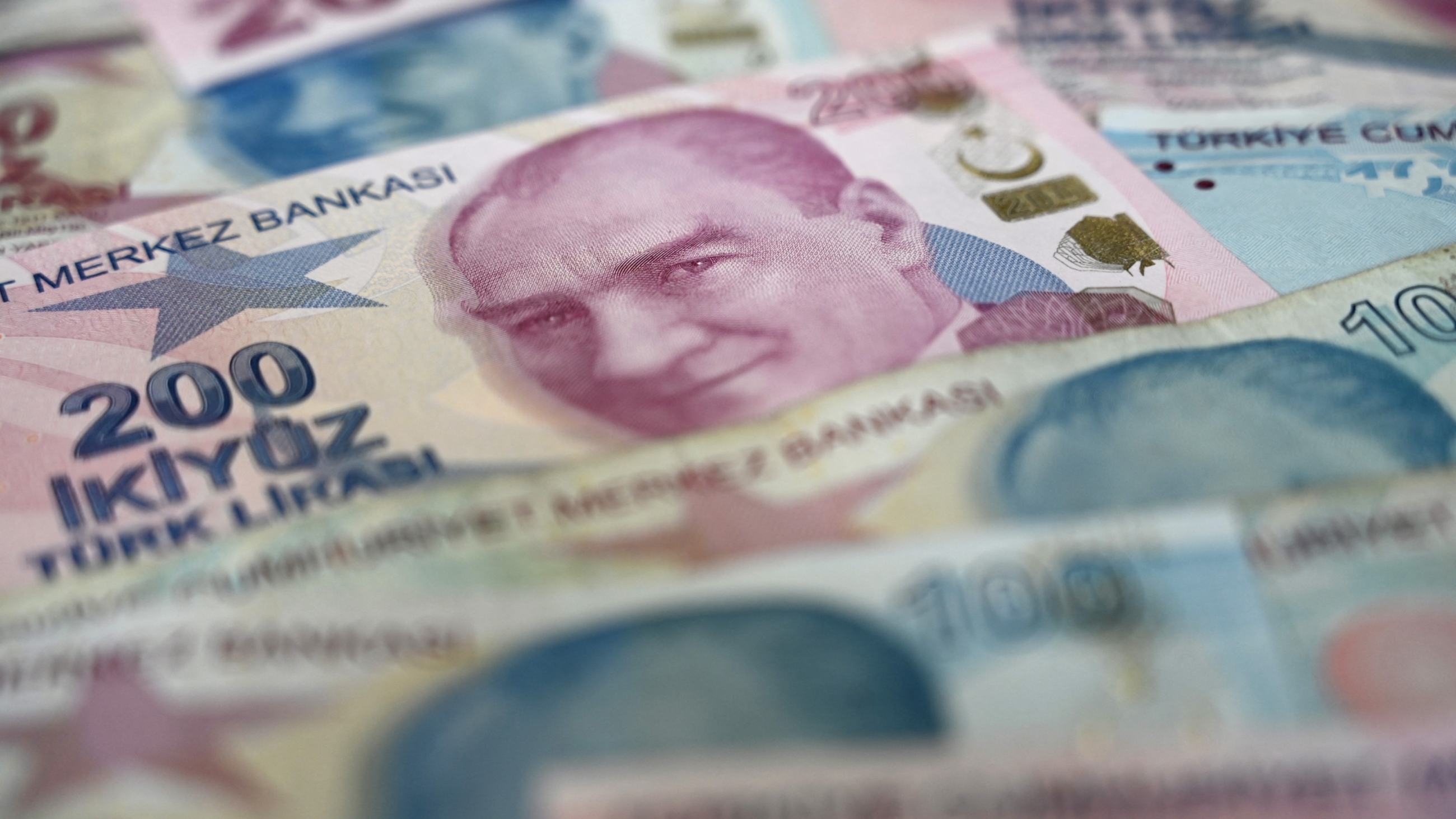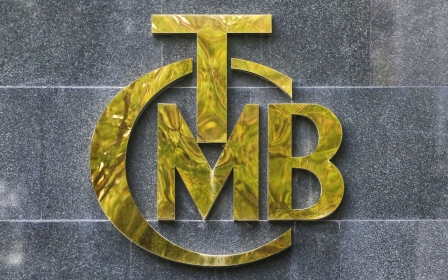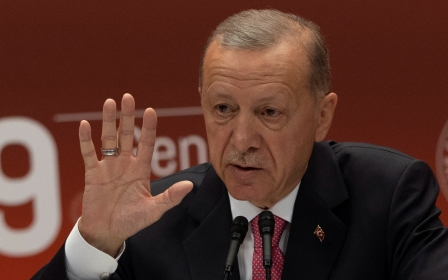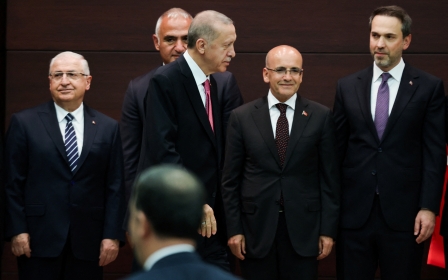Turkish lira falls to record low after mainstream economy tsar takes office

The Turkish lira lost seven percent of its value against the dollar on Wednesday, in the biggest daily fall since 2021.
The dip comes as analysts predict the new cabinet in Ankara will move towards free trading and loosen state-imposed measures put in place to slow down the currency’s fall in recent years.
The lira stood at 23.16 against the US dollar on Wednesday, as it continued to record losses following the appointment of Mehmet Simsek as treasury and finance minister over the weekend.
Simsek, an advocate of conventional economics, will likely lead a return to more free market policies after years of increasing state control of forex, credit and debt markets.
The internationally respected ex-banker is highly regarded by the financial markets, after serving as finance minister and deputy prime minister between 2009 and 2018.
New MEE newsletter: Jerusalem Dispatch
Sign up to get the latest insights and analysis on Israel-Palestine, alongside Turkey Unpacked and other MEE newsletters
His appointment is aimed at tackling Turkey's cost-of-living crisis and could set the stage for interest rate hikes in the coming months, which would mark a turnaround from President Recep Tayyip Erdogan’s longstanding policy of slashing rates despite soaring inflation.
Simsek signalled the return to orthodox economics after his appointment on Sunday, saying the country had no choice but to come back to "rational ground".
"Transparency, consistency, predictability and compliance with international norms will be our basic principles in achieving this goal," Simsek said.
Achieving macro-financial stability will be a priority, he added.
Erdogan's economic programme since 2021 has stressed monetary stimulus and targeted credit to boost economic growth, exports and investments, pressing Turkey's central bank into action and badly eroding its independence.
As a result, annual inflation hit a 24-year peak last year, beyond 85 percent, before easing.
The lira has lost more than 90 percent of its value in the past decade, after a series of crashes, the worst in late 2021. It hit new all-time lows of more than 20 to the dollar after the 28 May election runoff, which saw Erdogan returned to power.
Wolf Piccoli, a long-term Turkey expert at consultancy firm Teneo, told Middle East Eye last week that if Erdogan changed course and revamped his economic team with credible names, it could freshen the air for international investors.
"There is absolutely the chance of portfolio inflows coming into Turkey," he told MEE. "That is mainly because in lots of other emerging markets the situation is even more difficult and it's difficult to locate money."
Middle East Eye delivers independent and unrivalled coverage and analysis of the Middle East, North Africa and beyond. To learn more about republishing this content and the associated fees, please fill out this form. More about MEE can be found here.




